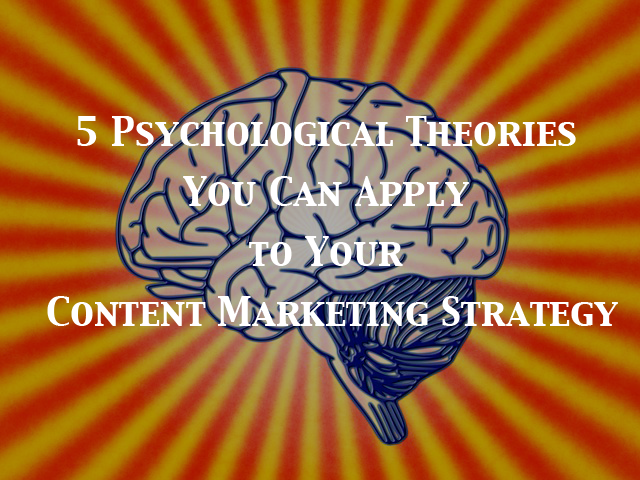
There is a book called Differentiate or Die that discusses the branding process at any of its potential levels, which there are many. Marketers know that the way to make your brand stand out from the sea of competition is to focus on the unique value proposition, which is something largely focused on during the big agency days back in the 1950s. While fundamental branding has moved away from primarily focusing on the UVP due to the shift in consumer decision-making, the applications involved in differentiating your business aren’t for naught.
Differentiating can largely be applied to content marketing strategies in a variety of ways. Right now, content marketing drives the majority of brands’ digital visibility, and it’s imperative that you position your content in a way that ensures it stands out. Did you know that 4.75 billion pieces of content are shared on Facebook every single day? Without a brand differentiating strategy for your content marketing, your content is sure to be lost at sea.
One way to make sure that your content stands out and work effectively to reach your audience is to apply some basic psychological theories to your strategy. Let’s review some of the most popular psychological theories that you can integrate into your content marketing.
Social Proof
Using the social proof theory, you can get your audience to adopt the beliefs or mimic the actions of a social group they like or trust. They can be integrated after some basic target demographic research. Where is your audience hanging out? What type of content do they share and from which sources? What does their social behavior say about them?
After conducting some basic research, you can identify how to generate the content and where you can share it. Make sure you identify some important influencers in your target audience’s community and ask them to share or comment on your content. This will allow for a greater reach for your content, as well as encourage engagement from your audience.
Reciprocity
Reciprocity promotes responding to positive and kind actions in a positive and kind manner. By generating content that your audience responds positively to, you’re providing them a service by offering them valuable content. This psychological theory really promotes writing content and disseminating it for your users and not the search engines, so keep that in mind.
Frequency Illusion
The frequency illusion theory is something that has happened to all of us, and in an even more meta turn of events, it will happen from here on out if you’re just identifying this theory from this article for the first time. It’s the theory that once you hear about something for the first time, you start hearing about it everywhere.
In order to use this theory in your content marketing, it’s important that you generate a reinforcing message after you generate a popular piece of content. Make sure to generate that message in several different formats in order to reach your audience in a variety of ways using that message.
There are several other psychological theories out there you can utilize in your content marketing strategy, but it’s important to be on the lookout for ways to make your content stand out. If you need help with your digital marketing or content marketing, On Target can help.
Best,
Erica Weatherstone

